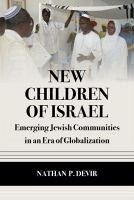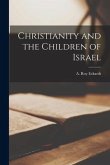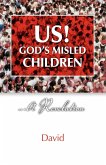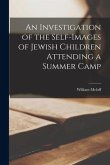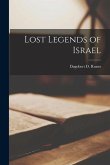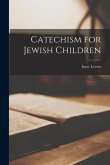In the last century, the tragic events of the Holocaust and the subsequent founding of the state of Israel brought about tremendous changes for Jewish communities all over the world. This book explores what may be the next watershed moment for the Jews: the inclusion of millions of people from developing nations who self-define as Jewish but who have no historical ties with established centers of Jewish life. These emerging groups are expanding notions of what it means to be Jewish. This comparative ethnographic study, the first of its kind, presents in-depth analyses of the backgrounds, motivations, and sociohistorical contexts of emerging Jewish communities in Cameroon, Ghana, India, and other postcolonial locales. It investigates the ramifications of these new movements for the larger Judeo-Christian world, particularly with regard to issues of multiculturalism, immigration, race relations, and messianic expectations concerning the prophecy of Isaiah 11:12, according to which God will "assemble the dispersed of Israel, and gather together the scattered of Judah from the four corners of the earth."
Hinweis: Dieser Artikel kann nur an eine deutsche Lieferadresse ausgeliefert werden.
Hinweis: Dieser Artikel kann nur an eine deutsche Lieferadresse ausgeliefert werden.

